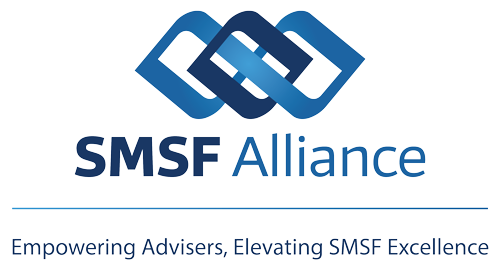The government announced their “modest adjustment” proposal as an imposition of an additional 15% tax on earnings attributable to member balances in excess of $3m. Whether or not you agreed with the premise, the idea seemed quite simple. At least it was, until Treasury explained how it was to be implemented. Their methodology was not based on taxation principles at all. Instead, it applied an algorithm to a change in the member’s total super balance. This is not a tax, it’s a charge. What’s the difference? As it’s been portrayed as a tax much of the ensuing discussion, sometimes bordering on abuse, has focused on the unreasonable taxation of unrealised capital gains rather than what alternative strategies are available and if they are an improvement on the end result.
As the ATO is the only source of consolidated fund information and, in any case, the superannuation sector would not tolerate an additional administrative burden, the ATO has, quite rightly, been given the responsibility of administering this proposal. This required Treasury to consider what the ATO was capable of, considering the data they hold. The ATO holds individual member total super balances, contribution and withdrawal information across multiple funds. They do not hold individual member investment or taxation information. That left Treasury with only two alternatives, creating an algorithm intended to emulate an additional tax, as they have, or adopt a deemed return method.
Under an alternative deeming method, a rate would be applied to any member balance in excess of the $3m cap. A 15% tax would then be levied on the result. This method would justify the taxation label, but would it be better? It depends!
The deeming rate would significantly affect the outcome. My favoured rate is the 4.7% (7.5% from 1 July) Div 7A rate, but I suspect Treasury would prefer the much higher (10.46%) GIC rate. Compared with the current algorithm, there would be winners and losers. In a year of market downturns where the member’s total super balance would decrease (but still be over the cap) deeming would result in a tax bill in contrast to the proposed algorithm that would not. My own analysis of the differences leads me to believe that, in general, the current algorithm produces the more favourable result for the member. This is not to say that it does not contain numerous shortfalls that need addressing but our discussion must focus on what is administratively possible as well as what is equitable.


